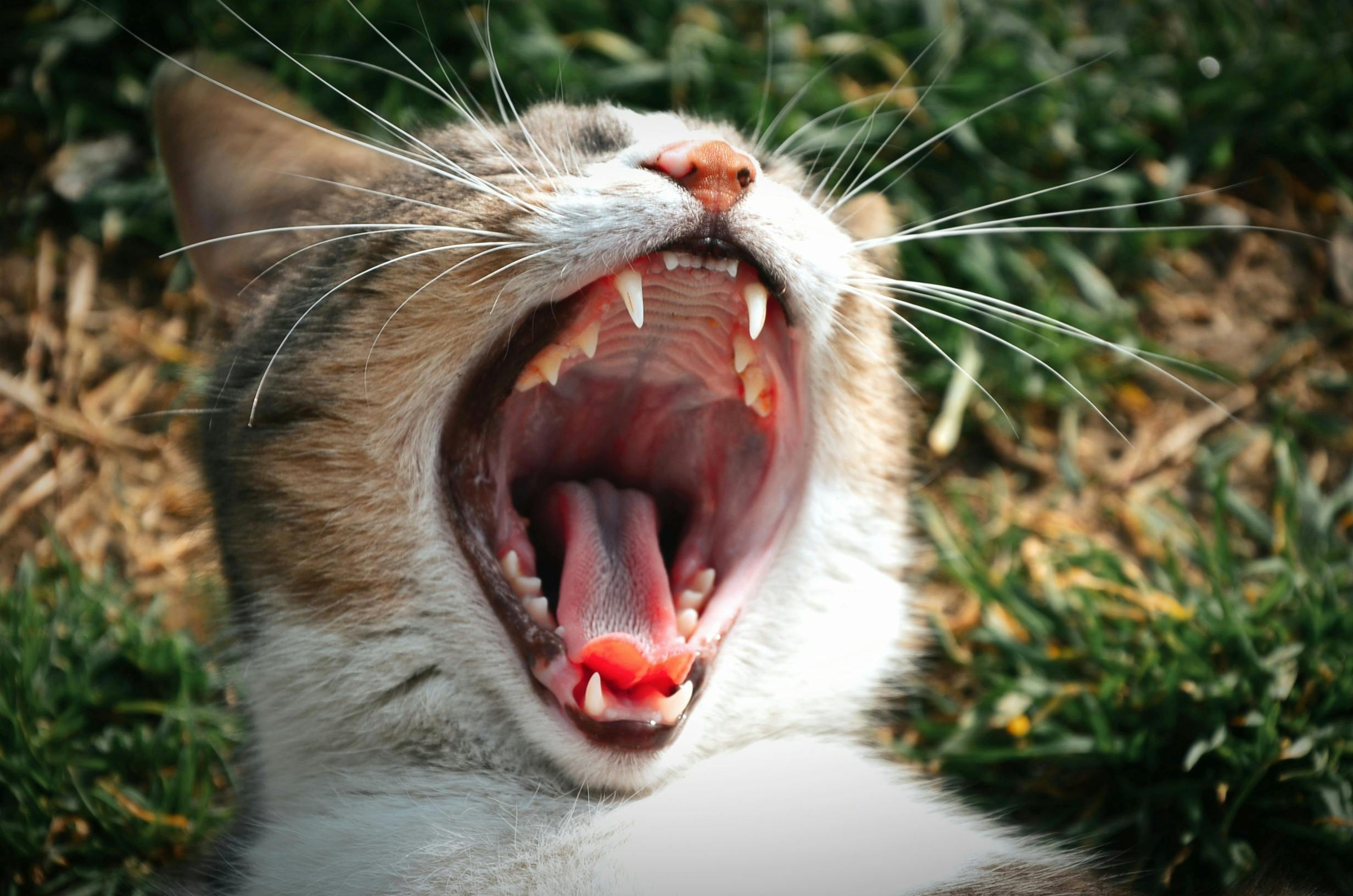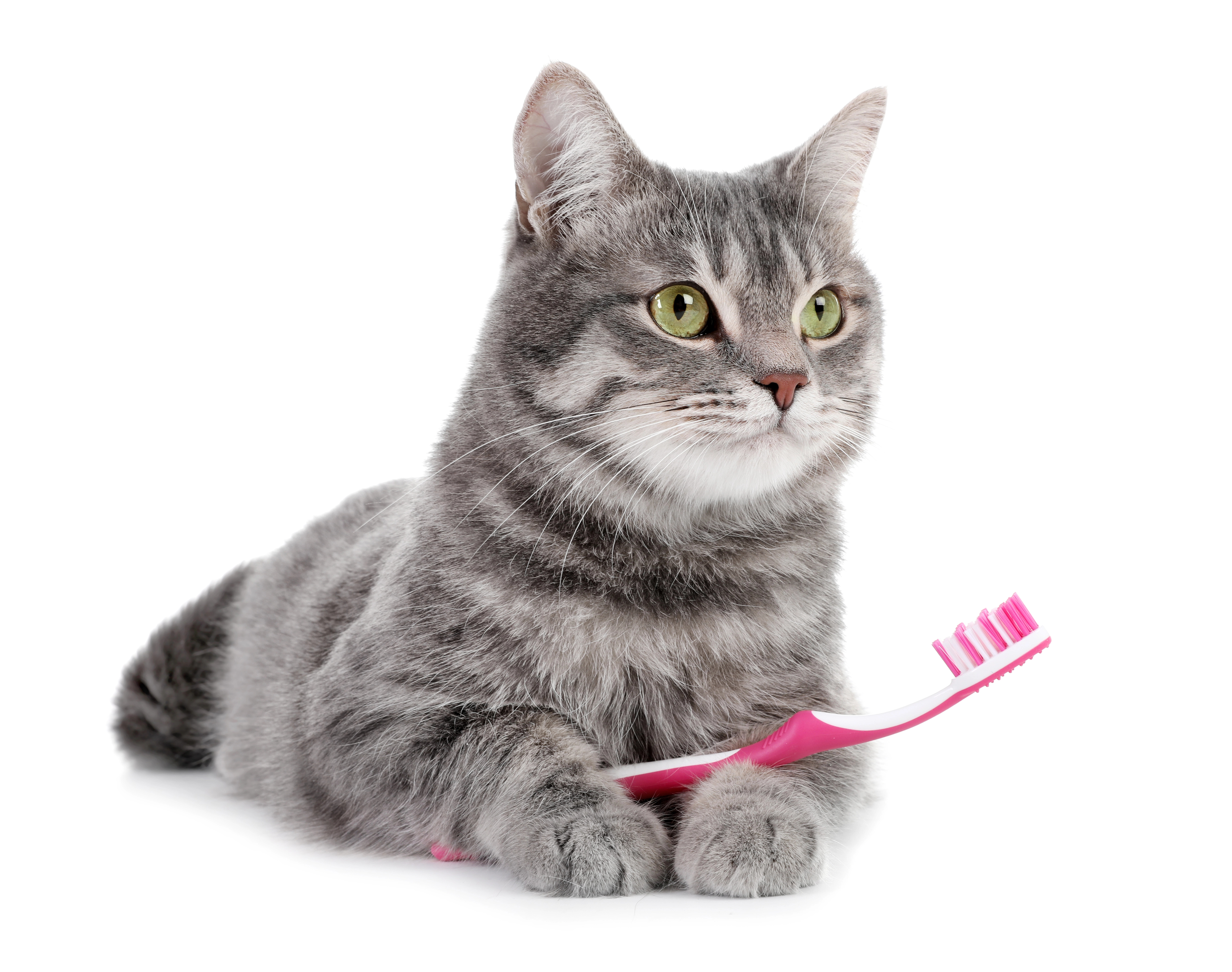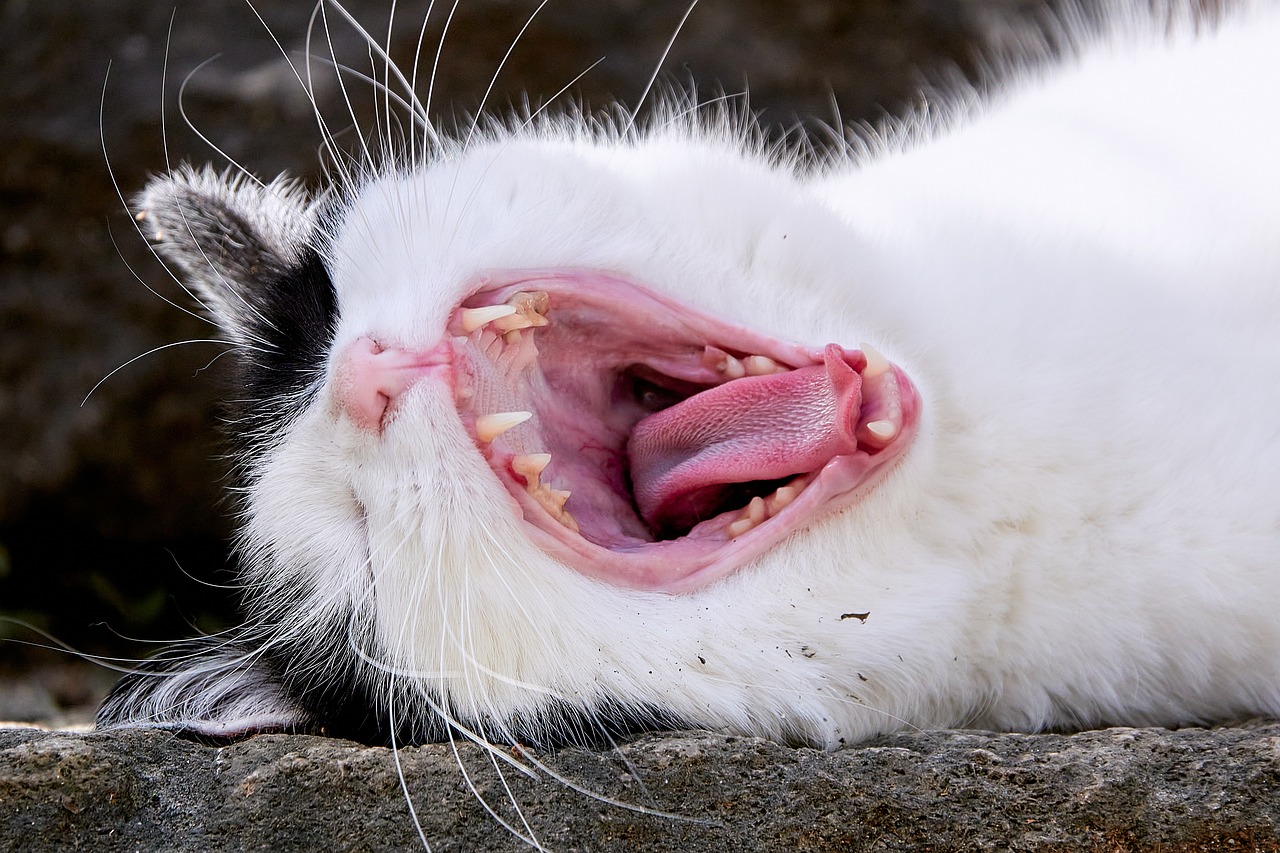Fun Facts About Cat Teeth

Your feline friend's teeth are vital for their anatomy and essential for their overall health. This article will delve into five intriguing facts about cat teeth to help you better understand your pet's dental health.
Kittens Have More Teeth Than Humans
Kittens sport an impressive 26 deciduous, or "milk" teeth, surpassing humans' 20 "baby" teeth. Mature felines, on the other hand, boast 30 permanent teeth, while humans typically have 32. In perspective, dogs also have quite a mouthful, with 28 teeth as puppies, which increase to 42 in adulthood.
Cats Feature Canine Teeth
Cats share with humans the distinction of possessing canine teeth. These four large fang-like teeth serve cats well, enabling them to puncture, rip, and tear apart food or prey. While domesticated cats mainly consume specialized commercial diets provided by their owners, their teeth remain true to their ancestry, equipped for hunting and survival. In addition to hunting teeth, cats also have grooming teeth. The tiny incisors, nestled between their large canines, are adept at nibbling through fur, aiding in grooming rituals.
Cats Don't Suffer from Cavities
Unlike humans, cats do not develop dental caries that necessitate drilling and filling. The unique shape of cat teeth, devoid of horizontal surfaces found in human and dog teeth, prevents the formation of carious lesions. However, felines can experience other dental issues, including feline tooth resorption (resorptive lesions) and periodontal diseases, often linked to poor dental care and plaque formation. When left untreated, these oral health problems can manifest as bad breath, tooth decay, tooth loss, and various oral diseases.
Feline Dental Problems Are Common
According to the Cornell College of Veterinary Medicine, feline dental disease is prevalent, affecting a significant portion of cats over four. This condition encompasses gingivitis, gum disease, stomatitis, periodontal disease, and feline tooth resorption. Most of these oral health issues stem from insufficient dental care and plaque buildup. Addressing these problems is vital to ensure your cat's health. Regular dental care, such as learning to brush your cat's teeth (using pet-safe toothpaste) and adopting other dental care practices, coupled with routine dental check-ups and cleanings, is the most effective way to prevent plaque and tartar accumulation, thus maintaining your pet's dental health.
Dental Care Costs for Cats Can Be Significant
Professional veterinary dental work is not inexpensive, and dental issues in cats can lead to high treatment costs. A cat dental cleaning typically ranges from $300 to $700, while managing feline periodontal disease can cost an average of $768. To mitigate these costs, pet owners can explore pet health insurance, which often includes dental illness coverage. Coverage options vary between providers, so using Pawlicy Advisor can help you compare different plans to find the best pet insurance with dental coverage for your cat.
Understanding the Basic Anatomy of Cat Teeth
For a more comprehensive understanding of cat teeth, here's a basic overview of feline dental anatomy:
The Crown: This part of the tooth is visible above the gum line.
Dentin: It is the softer region of the tooth protected by a layer of enamel.
The Root: This section lies beneath the gum line and is coated with a thin dental tissue layer called cementum. The pulp, located inside the tooth, contains blood vessels and nerves.
Frequently Asked Questions About Cat Teeth
Q: How Many Teeth Do Cats Have?
A: A cat's age determines the number of teeth they possess. Kittens are born toothless, but by six months, they develop four cat canine teeth, four molars, ten premolars, and 12 incisors. Regardless of their breed, all adult cats have the same number of teeth.
Q: Do Cats Have Baby Teeth?
A: Like many other mammals, cats also grow a set of baby teeth, often called milk or deciduous. These start erupting around two weeks of age.
Q: When Do Cats Start Teething?
A: Cat kittens usually begin teething when they are three to four weeks old. The initial teeth to emerge are the primary canines and incisors, followed by the remaining teeth.
Q: Do Cats Lose Their Baby Teeth?
A: Cats lose their baby teeth, but the process occurs far more rapidly than humans. While it may take humans years to shed all their deciduous teeth, kittens complete their teething in only a few months.
Q: Do Cats Lose Teeth as They Age?
A: Tooth loss in senior cats is abnormal and often signals underlying oral health problems, nutritional imbalances, or injuries.
Get insurance plans with wide-ranging coverage options










